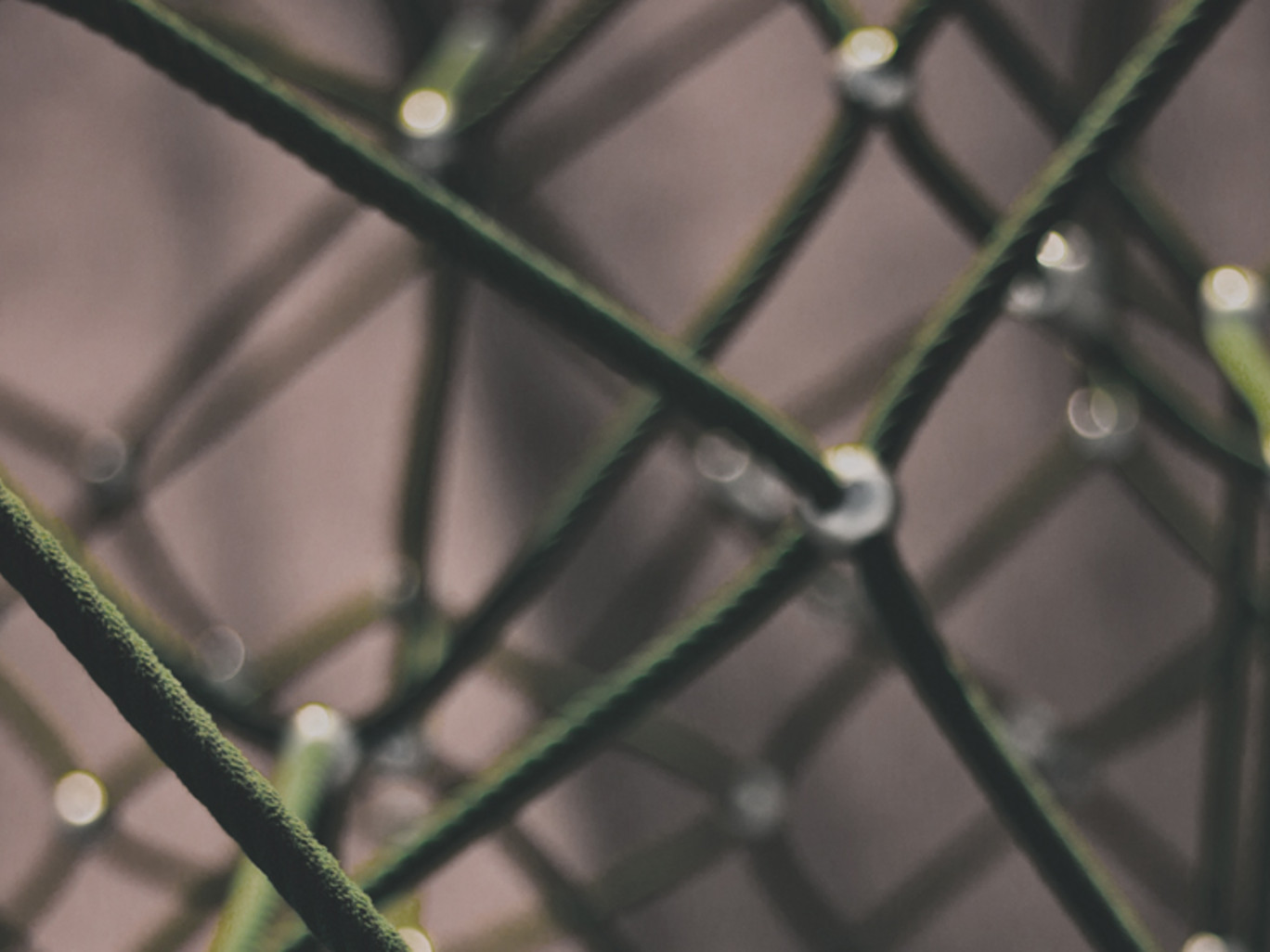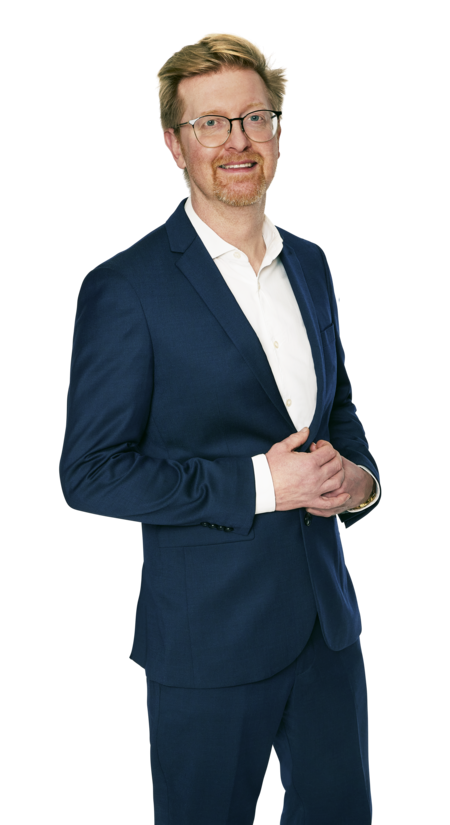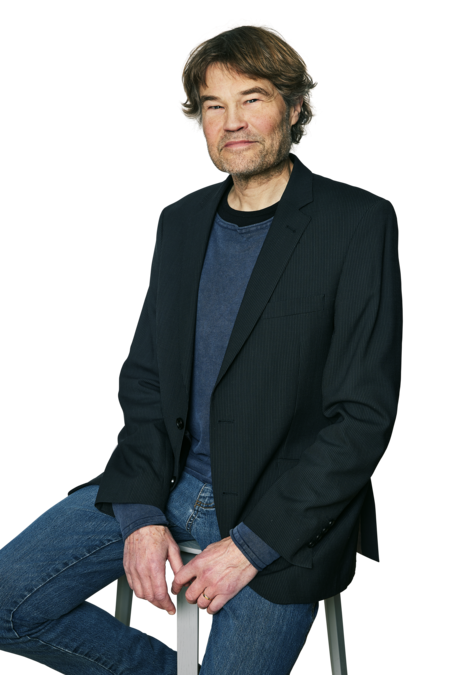New collaborations between humanities researchers and practitioners

3 December 2018
Therapeutic dancing for Parkinson's Disease patients, sugar dating, role models for young people with autism and holistic approaches to prevent social marginalisation.
Four projects have received a total of DKK 19.8 million from VELUX FONDEN's HUMpraxis Programme, a grant area with specific focus on new forms of collaboration between humanities researchers and practitioners.
Based on widely different issues - from sugar dating among marginalised youth to experiences with Parkinson's patients in therapeutic dancing classes - four projects will, over the next 3-5 years, initiate close collaborations between humanities researchers and practitioners in the social and gerontological disciplines.
Two of the projects are anchored at Aarhus University, two at Roskilde University. The participants are, among others, municipalities and civil societies.
The projects all share the ambition to contribute new basic research insights and solutions to specific challenges faced by the two disciplines such as societal challenges and the ageing population.
The four projects:
Roskilde University
Grant: DKK 5.3 million
How can we co-create experience-based everyday knowledge about therapeutic dancing for patients with Parkinson’s disease? What potentials and challenges arise in the tensions between person-centred, participatory research and research communication?
The project will address these questions through a collaborative research design based on a theoretical framework building on dialogic communication theory.
In a series of workshops using a range of creative, collaborative methods, citizens with Parkinson’s disease and their relatives will participate in the co-creation of knowledge about bodily, sensual and aesthetic experiences with Parkinson’s dance courses.
The co-created knowledge will be disseminated through graphic narratives.
With respect to practice, one aim is to further the involvement of patients in treatment, research and research dissemination in relation to Parkinson’s disease and other diseases.
Another aim is to further develop dance as a form of creative arts therapy in person-centred, collaborative treatment.
The project also aims to contribute to research on dialogic communication, patient involvement in person-centred health care, research and research dissemination, and collaborative, qualitative and arts-based research on health including narrative and graphic medicine.
The project is a collaboration between Roskilde University, Parkinson Association and Tivoli Ballet School. It will be led by Professor Louise Phillips and Associate Professor Lisbeth Frølunde from the research group in Dialogic Communication, Department of Communication and Arts, Roskilde University.
Roskilde University
Grant: DKK 4,9 million
Sugar dating has received much attention in the Danish public in recent years and the number of young people with profiles on Danish sugar dating websites has grown rapidly.
At the same time youth counsellors such as RedenUng experience an increase in young people who report having problems related to sugar dating, incl. social isolation, stigma, psychological problems and dependence on money, gifts and attention from sugar daddies.
Yet, there is a lack of knowledge of why young people begin to sugar date, the kinds of marginalisation they experience, and which social initiatives that can help them.
As the first combined research and practice-project on sugar dating in Denmark this investigation explores young people’s motives for exchanging sex, money and gifts in relation to sugar daddies, with a focus on processes of marginalization and social inclusion.
The project applies an intersectional approach that makes it possible to gather knowledge about young sugar daters’ different backgrounds and motives with regard to gender, social class, sexual orientation, age and ethnicity.
Through a survey, interviews and fieldwork among young sugardaters in urban and rural areas of Denmark the project collects knowledge about factors of marginalization as well as about types of exchanges that occur in sugar dating, on a continuum from ordinary dating to prostitution.
As part of the project social initiatives are developed, which can lead to inclusion of marginalized youth and give them access to social support as well as strengthen their social network. The development of social initiatives also includes sharing of knowledge among and education of youth souncellors and social workers about the issue of sugar dating and how to tackle the stigma around the issue.
The project is carried out by researchers at Roskilde University, Aarhus University and counsellors from RedenUng, in close collaboration with VIVE, The Danish Center for Social Science Research, The Municipality of Copenhagen, The Municipality of Ballerup, De Unges Hus, LGBT+ Denmark, Headspace and The Danish Red Cross Youth.
Aarhus University
Grant: DKK 4.7 million
Adults on the autism spectrum tend to report feelings of hopelessness, i.e., they fail to see a positive future for themselves, as well as experiencing a sense of not being understood and recognized by others.
The aim of this project is to work with youth on the autism spectrum to help them become more self-confident and hopeful adults, living lives that they find fulfilling.
Our hypothesis is that youth on the autism spectrum is insufficiently exposed to models of the good life that adequately fit their profile.
The project is a close collaboration between experts from Langagerskole (a school for children and youth with autism) and the City of Aarhus Center for Specialpædagogisk Børnetilbud (CSB), and researchers from Aarhus University. Together, we wish to design and establish an educational practice that introduces autistic role models to autistic youth by way of live encounters, interactive videos, and other appropriate media. The role models are chosen in collaboration with members of the autism community and will represent young adults with autism living different kinds of lives who have found happiness and meaning in their endeavours.
We postulate that exposure to the right role models will facilitate the positive identification of autistic individuals with their condition, decreasing levels of self-stigmatization and hopelessness, while increasing levels of self-esteem and ultimately well-being.
Aarhus University
Grant: DKK 5 million
The project explores how inclusive community building may prevent marginalisation and produce movement beyond societal tendencies of ethnic and social polarisation.
The goal is to develop theory and methods that support community building, as well as meaningful documentation methods.
A team of researchers at the Danish School of Education, Aarhus University, is conducting practice research in joint ventures with organizations employing two different preventive approaches.
Project Active Boys (Aktive Drenge, AD) is developing a holistic group method “close to the family”, and works with projects in the local area of Nørrebro (such as the Nørrebro Run).
Street Lab (SL), which is part of the Social Cultural Village in Hillerød, creates inclusive boundary communities, engaging children, young people, their families and volunteers of all ages in social and cultural activities.
We research these preventive approaches as prototypical practices, including a focus on how to build bridges between public authorities (SSP, social and employment services) and civil society and community organizations.
Close collaboration and interaction
"The idea of the programme is to contribute to new solutions to specific societal challenges by stimulating close collaboration, where researchers and practitioners contribute with knowledge about a current issue on equal terms," says Henrik Tronier, Head of Programme of VELUX FONDEN's humanities area, and he elaborates:
Based on 98 project ideas, we invited applicants to submit a full application for the HUMpraxis Programme in April.
All applicants have attended meetings with the foundation's employees, and all applications have been evaluated by external experts in research and practice. The applications were presented to a working group and subsequently to the board before the projects received the grants.
"Researchers, with their focus on the 'human factor', can contribute research-based development, insight and new acknowledgments in relation to the issues of these projects. Whereas practitioners can contribute specific insight from everyday life and their experiences of opportunities and barriers, e.g. within or across institutions and organisations. "
Open calls again in 2019
We will invite applicants to submit project ideas under the HUMpraxis Programme again in 2019.
In the future, we will continue to focus on new collaborative areas and projects based on a significant societal issue within our social projects, gerontology or environment programmes.
"It is not an easy task to establish close, equal partnerships. Therefore, we now consider how to strengthen interdisciplinarity between researchers and practitioners to contribute a joint development of projects that explore a specific societal challenge," says Ane Hendriksen, Executive Director of VELUX FONDEN.

HUMpraxis
VELUX FONDEN wishes to promote equal collaboration and knowledge sharing between researchers and practitioners within its social projects, gerontology or environment programmes.


